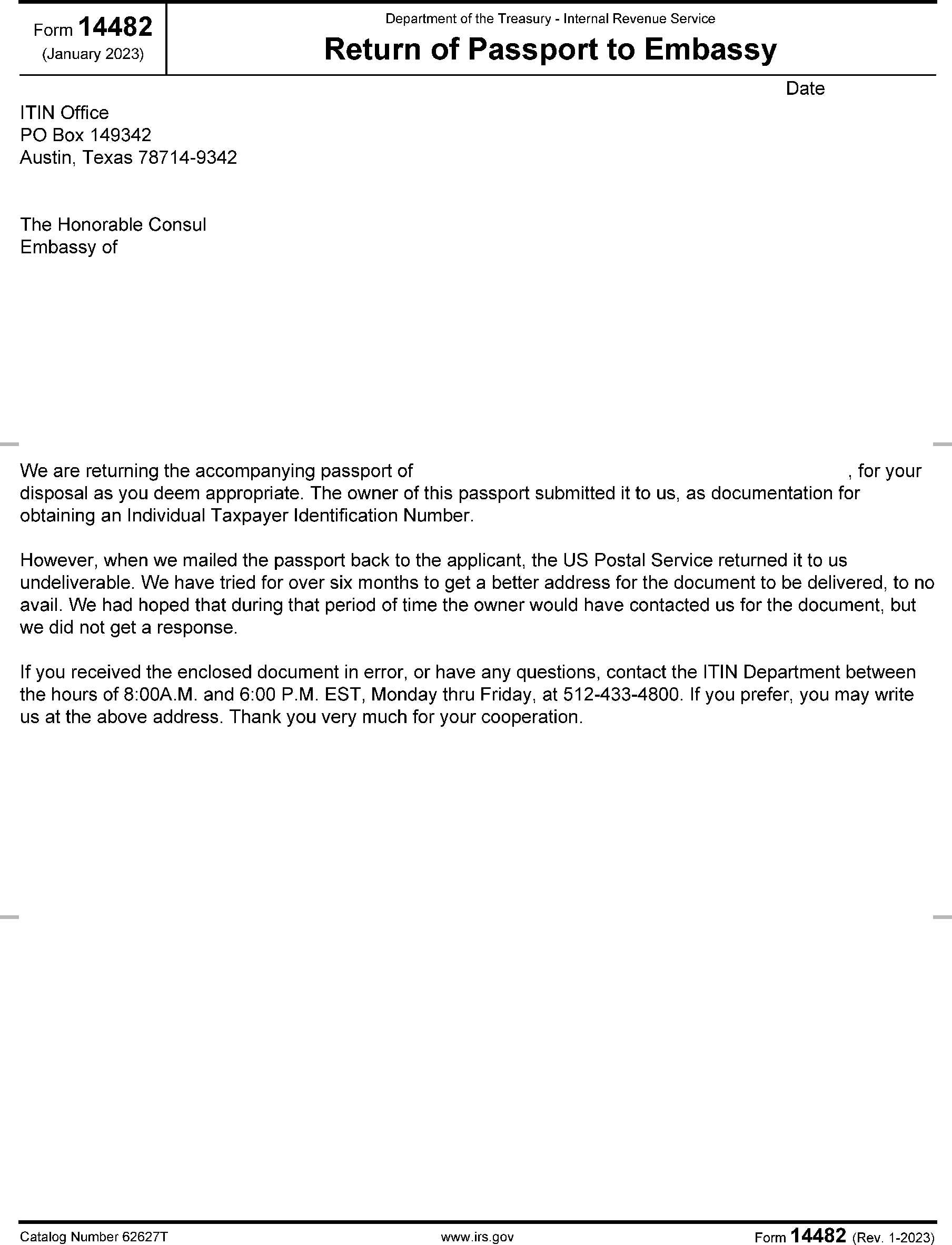Irs Gambling Losses Proof
The problem with using bank statements for proving gambling losses is that there was no indication the cash withdrawn was actually used for gambling. Ultimately, the Board of Equalization held for the Franchise Tax Board, disallowing the taxpayer’s gambling loss for the year. In this case, the available evidence included IRS Form W2-G’s, a gambling log kept by the taxpayers, casino win/loss statements, bank statements and the taxpayers own testimony at trial. Judge Wherry begins his analysis by reminding us that taxpayers have the burden of proving their deductions, and Section 165(d) allowing a deduction for.
Think about it this way. In order to deduct losses, you essentially have to “prove” you lost this money. The best way to show this proof is by reporting your total gambling income. Tax deductions also lower your overall tax liability. As a result, it is always wise to fully report income in order to claim as many tax deductions as possible. How are you suppose to provide proof for gambling losses? Does it appear in the W-2G Form the payer is to give you if you win enough? What about winnings and losings not enough to be taxable at that time? If winnings add up, yet losing as well, all in different time periods, how do you provide proof of these? Say you took a 20 trips to a couple different casinos within the year, but each time. Note, your Bitcoin gains and losses are not the same as your gambling wins and losses. Let's work through a deposit example: You buy $1000 of Bitcoin at Bitstamp, receiving 0.0909 BTC (the currency abbreviation for Bitcoin). You deposit the 0.0909 BTC into an online casino and receive $1000 credit for it.
By Brad Polizzano, J.D., LL.M., New York CityTotaling a taxpayer's Forms W-2G, Certain Gambling Winnings, for the year would seem to be the straightforward way to determine the amount of gambling winnings to report on a tax return. Forms W-2G, however, do not necessarily capture all of a taxpayer's gambling winnings and losses for the year. How are these amounts reported and substantiated on a tax return? Does the answer change if the taxpayer seeks to make a living as a poker player? Do states tax gambling differently?
There are many nuances and recent developments under federal and state tax laws about gambling and other similar activities. With proper recordkeeping and guidance, a taxpayer with gambling winnings may significantly reduce audit exposure.
Income and Permitted Deductions
Under Sec. 61(a), all income from whatever source derived is includible in a U.S. resident's gross income. Whether the gambling winnings are $5 or $500,000, all amounts are taxable.


A taxpayer may deduct losses from wagering transactions to the extent of gains from those transactions under Sec. 165(d). For amateur gamblers, gambling losses are reported as an itemized deduction on Schedule A, Itemized Deductions. The law is not as kind to nonresidents: While nonresidents must also include U.S.-source gambling winnings as income, they cannot deduct gambling losses against those winnings. Nonresidents whose gambling winnings are connected to a trade or business may deduct gambling losses to the extent of winnings, however, under Sec. 873.
Case law and IRS guidance have established that a taxpayer may determine gambling winnings and losses on a session basis.
Neither the Code nor the regulations define the term 'transactions' as stated in Sec. 165(d). Tax Court cases have recognized that gross income from slot machine transactions is determined on a session basis (see Shollenberger, T.C. Memo. 2009-306; LaPlante, T.C. Memo. 2009-226).
What Is a Session?
In 2008, the IRS Chief Counsel opined that a slot machine player recognizes a wagering gain or loss at the time she redeems her tokens because fluctuating wins and losses left in play are not accessions to wealth until the taxpayer can definitely calculate the amount realized (Advice Memorandum 2008-011). This method is also recognized in both Schollenberger and LaPlante, as a by-bet method would be unduly burdensome and unreasonable for taxpayers. To this end, the IRS issued Notice 2015-21, which provides taxpayers a proposed safe harbor to determine gains or losses from electronically tracked slot machine play.
Under Notice 2015-21, a taxpayer determines wagering gain or loss from electronically tracked slot machine play at the end of a single session of play, rather than on a by-bet basis. Electronically tracked slot machine play uses an electronic player system controlled by the gaming establishment—such as the use of a player's card—that records the amount a specific individual won and wagered on slot machine play. A single session of play begins when a taxpayer places a wager on a particular type of game and ends when the taxpayer completes his or her last wager on the same type of game before the end of the same calendar day.
A taxpayer recognizes a wagering gain if, at the end of a single session of play, the total dollar amount of payouts from electronically tracked slot machine play during that session exceeds the total dollar amount of wagers placed by the taxpayer on the electronically tracked slot machine play during that session. A taxpayer recognizes a wagering loss if, at the end of a single session of play, the total dollar amount of wagers placed by the taxpayer on electronically tracked slot machine play exceeds the total dollar amount of payouts from electronically tracked slot machine play during the session.
There is little to no guidance defining a session for other casino games, such as poker. Furthermore, because there are different poker game formats (cash and tournament) and game types (Texas hold 'em, pot limit Omaha, etc.), it is unclear whether the one-session-per-day analysis would apply to poker in general. A taxpayer who plays different types of poker games may have to record separate sessions for each type of poker game played each day.
In a 2015 Chief Counsel memorandum (CCM), the IRS concluded that a taxpayer's multiple buy-ins for the same poker tournament could not be aggregated for purposes of determining the reportable amount on a taxpayer's Form W-2G (CCM 20153601F). This analysis implies that the IRS may view each poker tournament buy-in as a separate gambling session. A key point leading to the conclusion was that the buy-ins were not identical because the tournament circumstances were different each time the taxpayer made an additional buy-in.
Requirement to Maintain Accurate Records

In Rev. Proc. 77-29, the IRS states that a taxpayer must keep an accurate diary or other similar record of all losses and winnings. According to Rev. Proc. 77-29, the diary should contain:

- The date and type of the specific wager or wagering activity;
- The name and address or location of the gambling establishment;
- The names of other persons present at the gambling establishment; and
- The amounts won or lost.
It is hard to believe the IRS would disallow a taxpayer's gambling loss deduction solely because the taxpayer did not write down in her diary the names of other persons at her blackjack table. The IRS does acknowledge that a taxpayer may prove winnings and losses with other documentation, such as statements of actual winnings from the gambling establishment.
Special Rules for Professional Gamblers
The professional gambler reports gambling winnings and losses for federal purposes on Schedule C, Profit or Loss From Business. A professional gambler is viewed as engaged in the trade or business of gambling. To compute business income, the taxpayer may net all wagering activity but cannot report an overall wagering loss. In addition, the taxpayer may deduct 'ordinary and necessary' business expenses (expenses other than wagers) incurred in connection with the business.

Whether a gambler is an amateur or a professional for tax purposes is based on the 'facts and circumstances.' In Groetzinger, 480 U.S. 23 (1987), the Supreme Court established the professional gambler standard: 'If one's gambling activity is pursued full time, in good faith, and with regularity, to the production of income for a livelihood, and is not a mere hobby, it is a trade or business.' The burden of proof is on the professional gambler to prove this status.
Despite receiving other forms of income in 1978, Robert Groetzinger was held to be a professional gambler for the year because he spent 60 to 80 hours per week gambling at dog races. Gambling was his full-time job and livelihood. Notably, Groetzinger had a net gambling loss in 1978. Thus, actual profit is not a requirement for professional gambler status.
In addition to applying the standard established in Groetzinger, courts sometimes apply the following nonexhaustive nine-factor test in Regs. Sec. 1.183-2(b)(1) used to determine intent to make a profit under the hobby loss rules to decide whether a taxpayer is a professional gambler:
- Manner in which the taxpayer carries on the activity;
- The expertise of the taxpayer or his advisers;
- The time and effort the taxpayer expended in carrying on the activity;
- Expectation that assets used in the activity may appreciate in value;
- The taxpayer's success in carrying on other similar or dissimilar activities;
- The taxpayer's history of income or losses with respect to the activity;
- The amount of occasional profits, if any, that are earned;
- The financial status of the taxpayer; and
- Elements of personal pleasure or recreation.
What if a professional gambler's ordinary and necessary business expenses exceed the net gambling winnings for the year? In Mayo, 136 T.C. 81 (2011), the court held the limitation on deducting gambling losses does not apply to ordinary and necessary business expenses incurred in connection with the trade or business of gambling. Therefore, a professional gambler may report a business loss, which may be applied against other income from the year.
Limitations on Loss Deductions
Some states do not permit amateur taxpayers to deduct gambling losses as an itemized deduction at all. These states include Connecticut, Illinois, Indiana, Kansas, Massachusetts, Michigan, North Carolina, Ohio, Rhode Island, West Virginia, and Wisconsin. A taxpayer who has $50,000 of gambling winnings and $50,000 of gambling losses in Wisconsin for a tax year, for example, must pay Wisconsin income tax on the $50,000 of gambling winnings despite breaking even from gambling for the year.
Because professional gamblers may deduct gambling losses for state income tax purposes, some state tax agencies aggressively challenge a taxpayer's professional gambler status. A taxpayer whose professional gambler status is disallowed could face a particularly egregious state income tax deficiency if the taxpayer reported on Schedule C the total of Forms W-2G instead of using the session method under Notice 2015-21. In this situation, the state may be willing to consider adjusting the assessment based on the session method if the taxpayer provides sufficient documentation.
Changes Ahead Likely
Tax laws addressing gambling and other similar activities will continue to evolve as new types of games and technologies emerge. Some related tax issues that will come to the forefront include session treatment for online gambling activity and whether daily fantasy sports are considered gambling. As more and more states legalize online gambling and daily fantasy sports, Congress or the IRS will have no choice but to address these issues.
EditorNotes
Mark Heroux is a principal with the Tax Services Group at Baker Tilly Virchow Krause LLP in Chicago.
For additional information about these items, contact Mr. Heroux at 312-729-8005 or mark.heroux@bakertilly.com.
Unless otherwise noted, contributors are members of or associated with Baker Tilly Virchow Krause LLP.
IRS Tough On Gambling Loss Documentation
A recent decision of the Tax Court (in the Zetina Renner) case reminds folks of the rather strict IRS rules regarding documentation of any number of tax return deductions, including deductions for gambling losses.
The Courts love to remind us that tax deductions “are a matter of legislative grace,” with the taxpayer bearing the burden of proving entitlement to any deduction claimed.
In some cases, if the taxpayer establishes that an expense is deductible, but is unable to substantiate the exact amount, Uncle allows the taxpayer to estimate the amount, pursuant to an ancient case which established this Cohan rule.
In this case, the taxpayer claimed Schedule A (itemized deduction) gambling losses of $31,383 and $185,885 for 2009 and 2010 respectively. Using Caesar’s Entertainment (the gaming establishment in question) gaming history statements, however, the government determined the more correct numbers were $14,781for 2009 and $142,135 for 2010. The taxpayers argued that they “have proven their gambling losses more than satisfactorily through win/loss statements, bank withdrawals, a witness statement and credible and consistent testimony,” and that “any remaining concerns should be dealt with by employing the Cohan Rule.”
But not so fast – the taxpayer is required to maintain “permanent books of account or records as are sufficient to establish the amount of gross income, deductions, credits, or other matters required to be shown by such person in any return of such tax or information” say IRS’ regulations. Specifically in the case of gambling wins and losses the taxpayer can substantiate income and deductions by maintaining a contemporaneous log or by consistently using a player’s card to monitor gambling activity, the Courts have said. But in this instance, the taxpayers offered into evidence bank statements, some of which showed ATM withdrawals, point of sale purchases, and cash advances at or near casinos during the time period in question.
But cash advances or ATM withdrawals at or near a location generally are not sufficient by themselves, said the Court, to prove that the case was spent at that location or for any specific purpose. The taxpayers in this case did not provide credible testimony concerning the specific details of their gambling practices, thus rendering the Court unable to determine what portion, if any, of the taxpayer’s ATM withdrawals, point of sale debits, and cash advances was spent on gambling.
Result – deductions lost.
And if you’re one of those folks who just loves to get a refund upon filing your return, think again. Many people think this is just wonderful, using Uncle Sam’s withholding and related rules as a forced savings program – similar to the old “Christmas Club” routine which retail stores used to push.
According to the Tax Policy Center, in 2015, almost 73 percent of tax returns processed by April 17 received refunds which averaged just over $2,711. In total, the Federal government held $249 billion of excess withholding for some part of 2014 and 2015. Bad result for the taxpayer who achieved nothing more here than loaning Uncle Sam some dough for no interest in return!
Irs Gambling Losses Proof Against
CONSULT YOUR TAX ADVISOR – This article contains general information about various tax matters. You should consult your CPA regarding the implications to your own particular situation.
Irs Gambling Losses Proof Obama
Jeff Quinn, the author of this article, is a shareholder in Ashley Quinn, CPAs and Consultants, Ltd., with offices in Incline Village and Reno. He can be reached at 831-7288, and welcomes comments at jquinn@ashleyquinncpas.com.